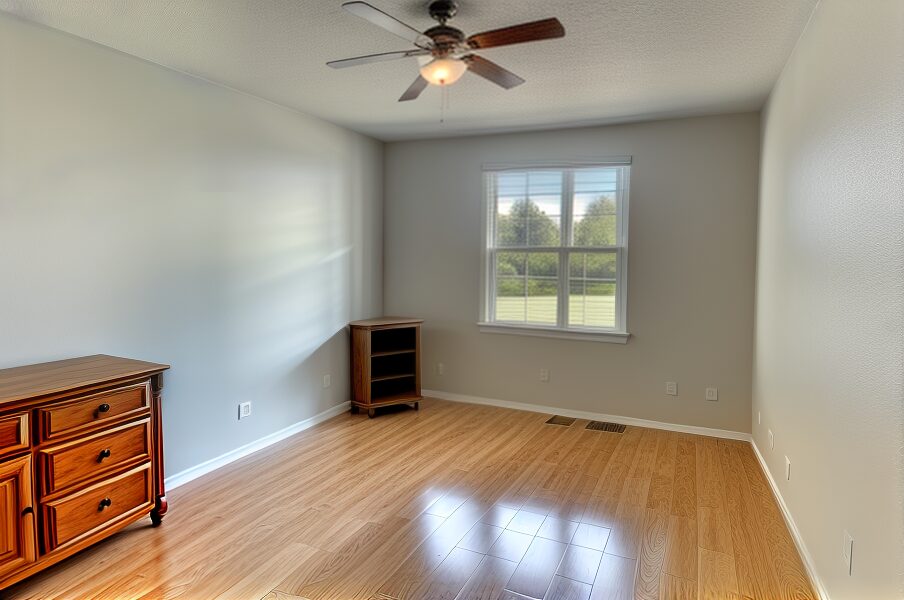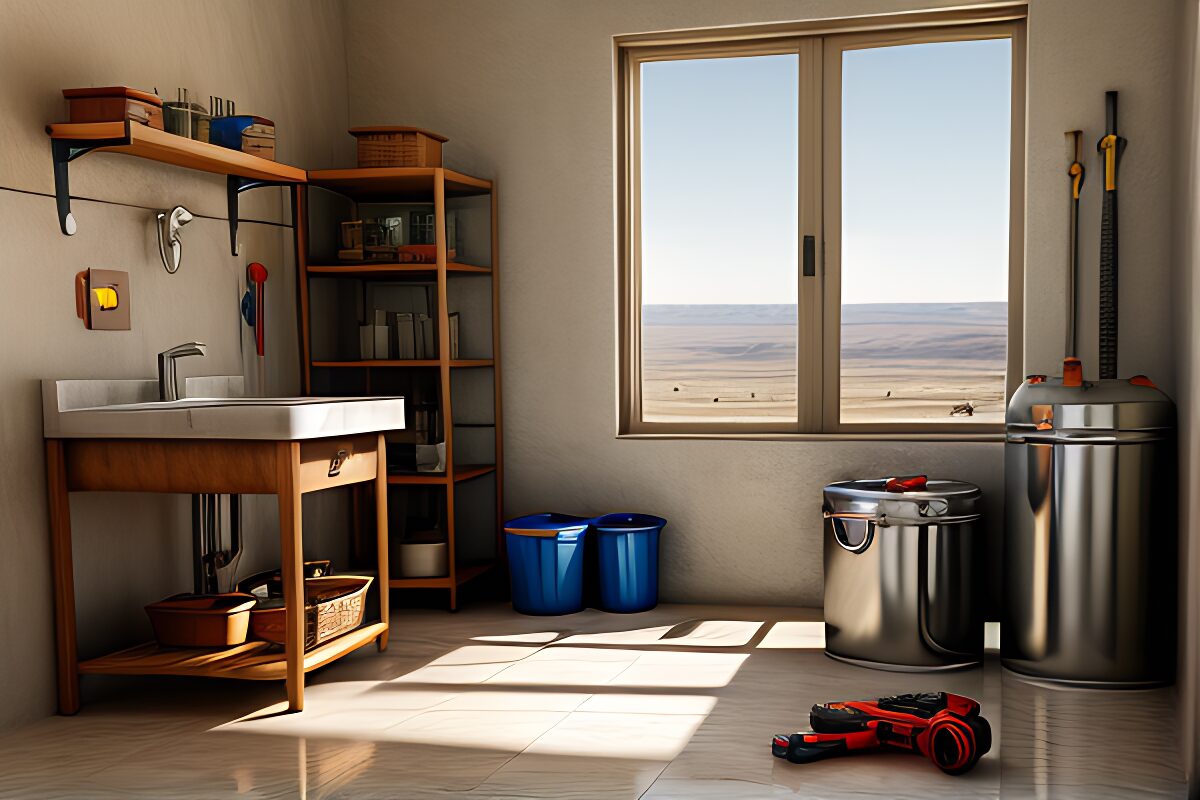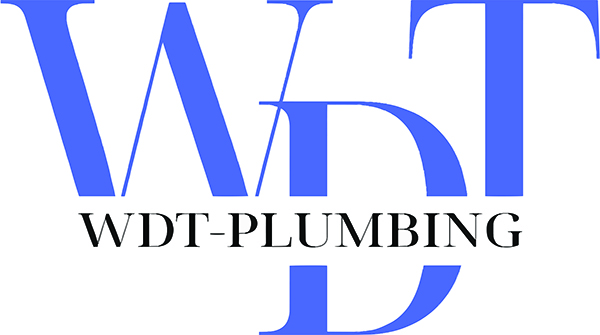How to Know If You Will Experience Plumbing Issues with an Older Home

When considering the purchase of an older home, it’s essential to be aware of potential plumbing issues that could lead to significant expenses. Older homes, with plumbing systems that might be as ancient as the buildings themselves, pose unique challenges that require careful inspection and maintenance. Understanding these potential issues can help you make an informed decision and prepare for any necessary repairs.
Key Takeaways
-
Older homes often have plumbing systems that are prone to problems due to age and outdated materials.
-
It’s crucial to inspect key areas such as pipes, fixtures, and drainage systems to assess their condition.
-
Professional plumbing inspections are vital to ensure that all repairs are up to code and use approved materials.
-
Common issues in older homes include leakage, water damage, and outdated fixtures which can lead to bigger problems like flooding.
-
Asking the previous owner about the history of plumbing repairs and any recent upgrades can provide valuable insights into the condition of the plumbing system.
Understanding the Risks of Old Plumbing Systems

Signs of Aging in Plumbing Materials
Old plumbing materials can be a real headache. They tend to crack, leak, or rust, which are clear signs that your plumbing system might be on its last legs. Knowing the age of your home and the materials used can give you a heads-up on potential issues.
Common Materials and Their Lifespans
Different plumbing materials have varying lifespans. For instance, copper pipes can last over 50 years, while galvanized steel might start showing problems after 20 to 30 years. It’s crucial to know what you’re dealing with so you can anticipate future problems.
Impact of Previous Repairs
Previous repairs can either be a blessing or a curse. Sometimes, they’re done well and extend the life of your plumbing. Other times, they might have failed to address the underlying issues, leading to more severe problems down the line. Always check the quality of past repairs to gauge what might be lurking beneath the surface.
Key Areas to Inspect for Potential Plumbing Problems

When you’re eyeing an older home, knowing where to look for potential plumbing issues can save you a lot of headaches down the road. Here are a few critical spots to check out:
Pipes and Their Condition
Start with the pipes—these are the arteries of the home’s plumbing system. Look for any signs of corrosion, unusual discoloration, or leaks. It’s especially important to identify the material of the pipes. Older homes might have lead pipes, which are a serious health risk, or galvanized steel, which can corrode over time.
Fixtures and Appliances
Next, take a gander at the fixtures and appliances. Check faucets, showers, and toilets for drips or poor water flow, which could indicate deeper issues. Appliances like water heaters and dishwashers should also be inspected for signs of leakage or water damage.
Drainage Systems
Finally, don’t forget the drainage systems. Ensure all drains are clear and functioning properly. A slow drain could be a sign of a clog waiting to happen, or worse, deteriorating drain lines. Always have a professional check these out to avoid future disasters.
Remember, a thorough inspection now can prevent costly repairs later!
The Role of Professional Inspections

What to Expect from a Plumbing Inspection
When you schedule a professional plumbing inspection, expect a thorough check of all visible pipes, fixtures, and connections. Plumbers will look for any signs of leaks or damage that could indicate underlying issues. This is your chance to catch problems before they become major headaches.
Importance of Up-to-Code Repairs
It’s crucial that any repairs or installations are up to code and use approved materials. This ensures your plumbing system is not only safe but also efficient. A professional inspection can reveal if previous DIY fixes or outdated repairs need correcting, safeguarding your home’s integrity.
Choosing the Right Inspector
Selecting the right inspector is key. Look for a licensed plumber with experience in older homes. They’ll know exactly what to look for and can provide insights into potential future issues. Remember, the cost of hiring a skilled inspector is a wise investment compared to the expenses of emergency repairs later on.
Common Plumbing Issues in Older Homes

Leakage and Water Damage
Older homes often face the challenge of leakage and water damage, primarily due to the aging of plumbing materials. These issues can manifest in stained walls, peeling paint, or even mold growth, signaling the need for immediate attention.
Outdated Fixtures and Their Complications
Many older homes still sport outdated fixtures that, while charming, can lead to inefficiencies and frequent breakdowns. It’s not uncommon for these fixtures to start leaking or fail entirely, necessitating either repair or replacement to avoid water wastage and potential damage.
Risks Associated with Lead Pipes
One of the more serious concerns in older homes is the presence of lead pipes. Continued use of these pipes can pose significant health risks, particularly in homes that haven’t been updated in decades. It’s crucial to assess and, if necessary, replace these pipes to ensure safe water quality.
Questions to Ask the Previous Owner

When diving into the history of an older home’s plumbing, it’s crucial to get the scoop from those who know it best—the previous owners. Here are some key questions to help you uncover potential issues before they become your problem.
History of Plumbing Repairs
Did the previous owner undertake any major plumbing repairs or renovations? Knowing this can help you assess the current state of the plumbing system and anticipate future issues. It’s also wise to ask if these repairs were done professionally or if there were any DIY attempts, as these could affect the system’s reliability.
Changes in Water Pressure or Quality
Have there been any noticeable changes in water pressure or water quality over the years? This could indicate issues like pipe corrosion or sediment buildup, which are common in older systems. Getting a clear picture of these changes can guide your decisions on necessary inspections or upgrades.
Recent Plumbing Upgrades
What recent upgrades have been made to the plumbing system? This question will help you understand the level of modernization and maintenance the plumbing has received. It’s especially important to inquire if any lead pipes have been replaced, as these pose significant health risks.
Remember, the more you know about the plumbing history, the better prepared you’ll be to handle any issues that might arise.
Preventative Measures and Maintenance Tips

Routine Checks and Balancing
Regular maintenance checks are crucial to ensure everything is running smoothly and to catch any potential issues early. It’s a good idea to create a maintenance schedule that includes inspecting pipes for leaks, checking water pressure, and ensuring that all fixtures are functioning properly.
Upgrading Outdated Components
Sometimes, the best way to prevent problems is to get ahead of them by upgrading outdated components. This might include replacing old pipes, installing modern fixtures, or updating appliances that are connected to your plumbing system.
Dealing with Hard Water and Sediment Buildup
Hard water and sediment can wreak havoc on your plumbing system. To combat this, consider installing a water softener or regularly descaling pipes and appliances. This will help extend the life of your plumbing and keep everything running more efficiently.
Pro Tip: Always consult with a professional before making major changes to your plumbing system to ensure everything is done correctly and up to code.
Financial Implications of Neglected Plumbing

Cost of Emergency Repairs
When plumbing issues are ignored, they often escalate into emergency situations that require immediate and costly repairs. The more you ignore it, the more it’s going to cost you. Emergency repairs can be significantly more expensive than regular maintenance due to the urgency and complexity of the issues.
Long-term Savings from Regular Maintenance
Regular maintenance not only prevents disastrous breakdowns but also ensures your plumbing system operates efficiently. This can lead to substantial long-term savings on your water and energy bills. Remember, a well-maintained plumbing system is less likely to need costly repairs.
When to Consider Complete System Overhaul
There comes a point when patching up an old system is more costly than replacing it. If your plumbing is over 25 years old and has not been well-maintained, consider a complete overhaul. This investment can actually save money in the long run by avoiding continuous emergency repairs and reducing utility bills.
Frequently Asked Questions
What are the common signs that an old plumbing system may need repairs?
Common signs include visible rust on pipes, leaks, inconsistent water pressure, and discolored water. These issues indicate aging or failing plumbing materials.
How often should plumbing systems in older homes be inspected?
It’s recommended to have plumbing systems in older homes inspected at least once every two years to ensure they are in good condition and to prevent major repairs.
What should I expect during a professional plumbing inspection?
During a plumbing inspection, a professional will check the condition of pipes, fixtures, and connections. They will identify any leaks, corrosion, or outdated materials that need to be replaced.
What are the risks of not updating old plumbing fixtures?
Old plumbing fixtures can lead to increased water bills, potential water damage, and health risks from lead pipes or rusty water. Updating them can prevent these issues.
Why is it important to ask about the plumbing history of an older home before purchasing?
Knowing the plumbing history can reveal past issues and repairs, helping you understand the current condition of the plumbing system and any potential future problems.
What are some preventative maintenance tips for plumbing in older homes?
Regularly check for leaks, maintain water pressure, clean mineral buildup, and replace old fixtures and pipes as needed to keep the plumbing system functioning efficiently.
WDT – We Do That Plumbing
Quality plumbing services for residential properties.
Licensed | Bonded | Insured : ROC# 346166
Mesa, Queen Creek, Chandler, Apache Junction, San Tan Valley, and Florence.
Schedule An Appointment
480 943 7943
Call Before 10 AM for Same Day Service
Call After 10 AM for Next Day Service

